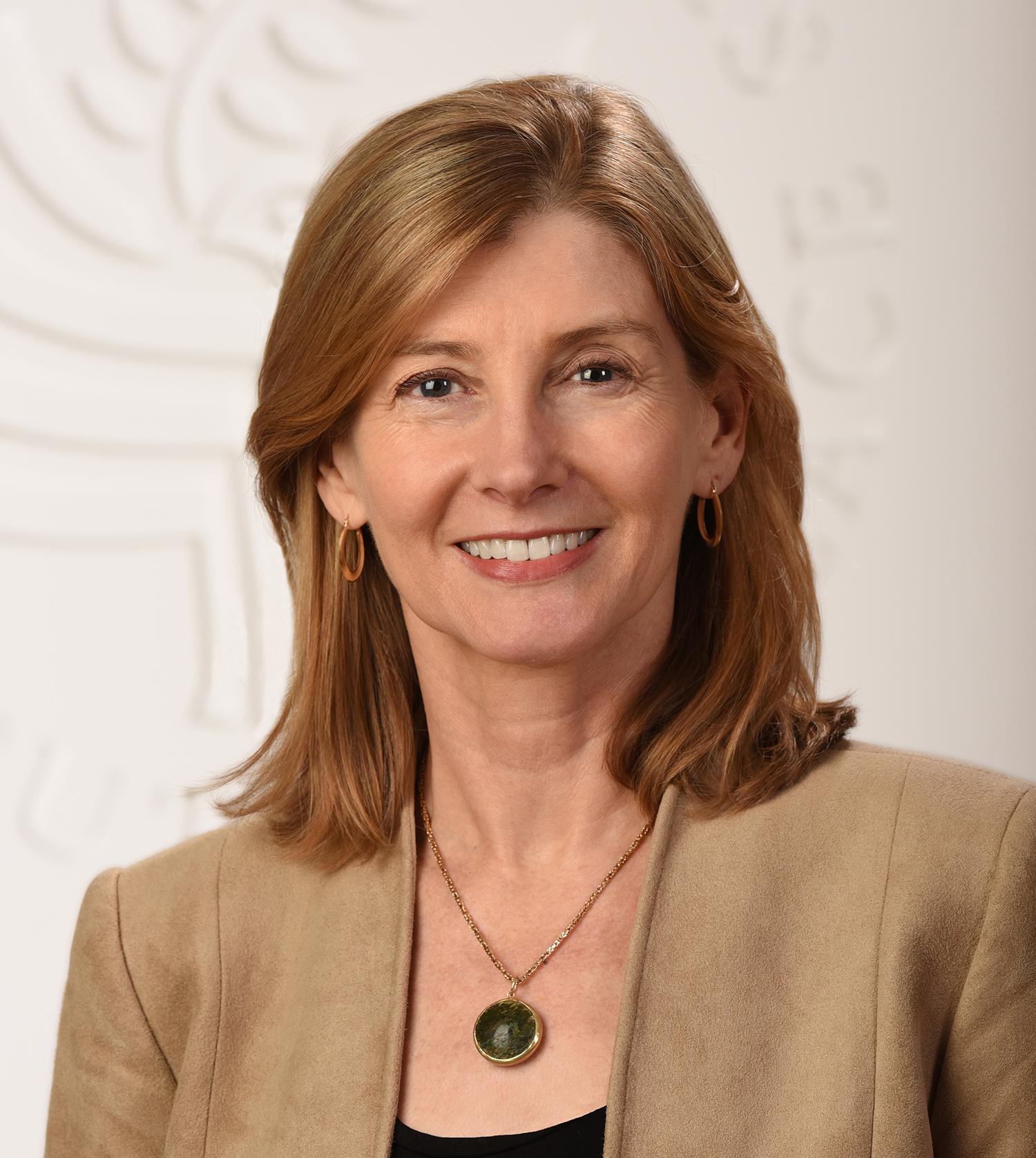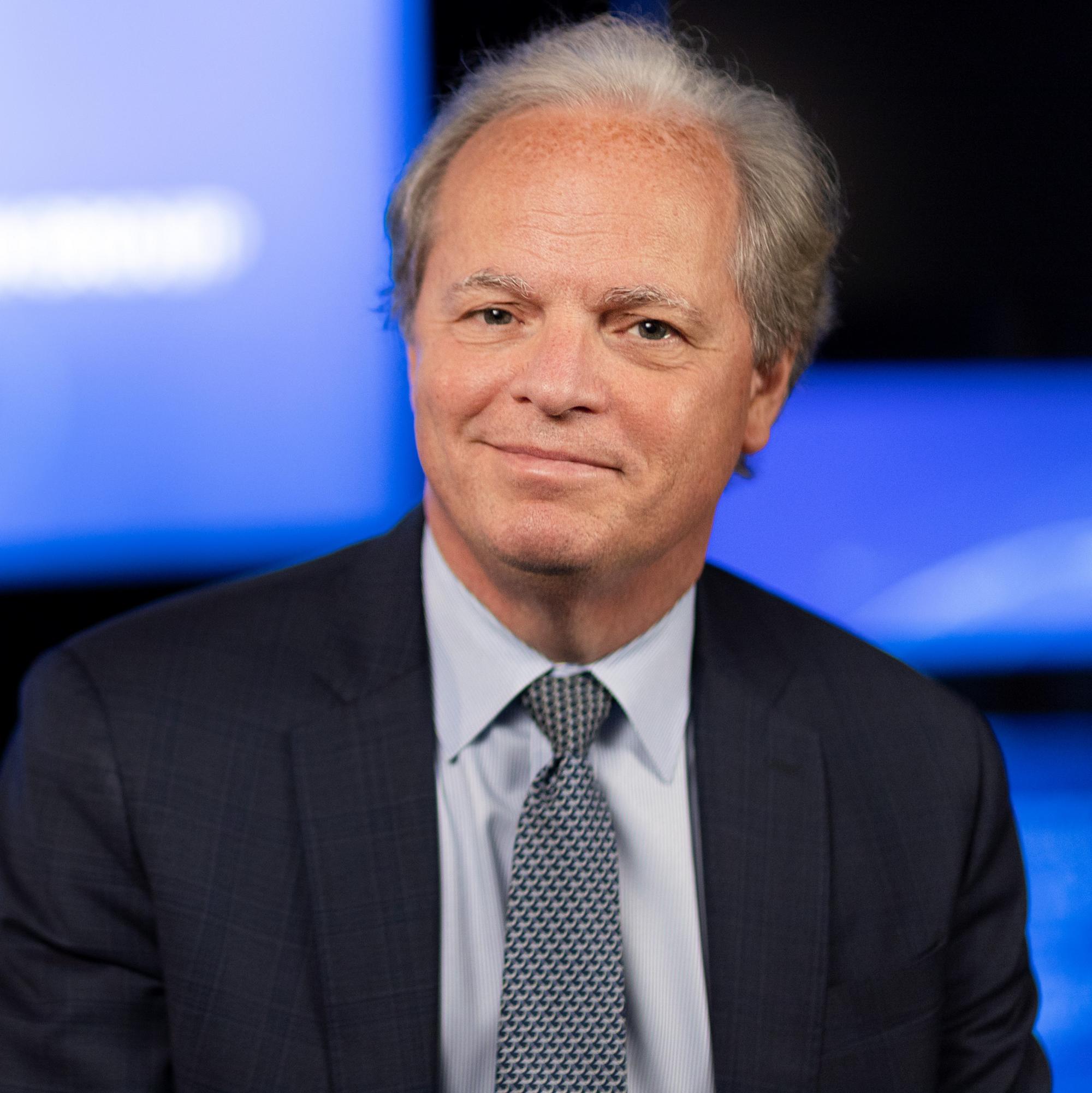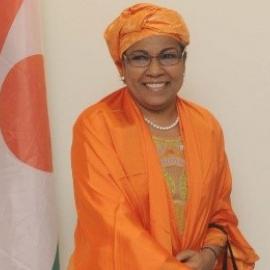Towards Sustainable Peace: Development Approaches to Tackling Fragility, Conflict and Violence

Towards Sustainable Peace: Development Approaches to Tackling Fragility, Conflict and Violence
What is the unique role of development in crisis settings? As the World Bank Group develops its strategy for fragility, conflict and violence, it brought together Aïchatou Boulama Kané (Minister of Planning, Niger,) Henrietta Fore (Executive Director, UNICEF,) Nancy Lindborg (President and CEO, U.S. Institute for Peace) and WB Managing Director of Operations, Axel van Trotsenburg to discuss how its long-term approach complements humanitarian agencies, governments, civil society, the private sector and other actors in fragile situations.
Here are the of the points raised:
- Since FCV situations are protracted, no one has the luxury of seeing development as something that starts in the post-conflict phase—it is part of the overall response to crisis.
- Conflict prevention is perhaps most important – social and economic exclusion, justice and security are essential to avoid societal fragmentation which can lead to conflict. The private sector, especially local enterprises, provide the jobs that are critical to economic betterment and hope.
- Country ownership – While all partners must work together for solutions, the plans must be the countries’ own.
- Investments in children’s futures, like education, often fall through the cracks in these situations – but they are the gateway to opportunity and to building human capital for the future.
There is urgency to act now –as Fore said, 10 years are not much in the context of peace negotiations, but they are a lifetime for a child.

![[Backup] WBLive_landscape_All-colors - 1](https://s7d1.scene7.com/is/image/wbcollab/trending-World-Bank-Live-landscape?qlt=75&resMode=sharp2)




